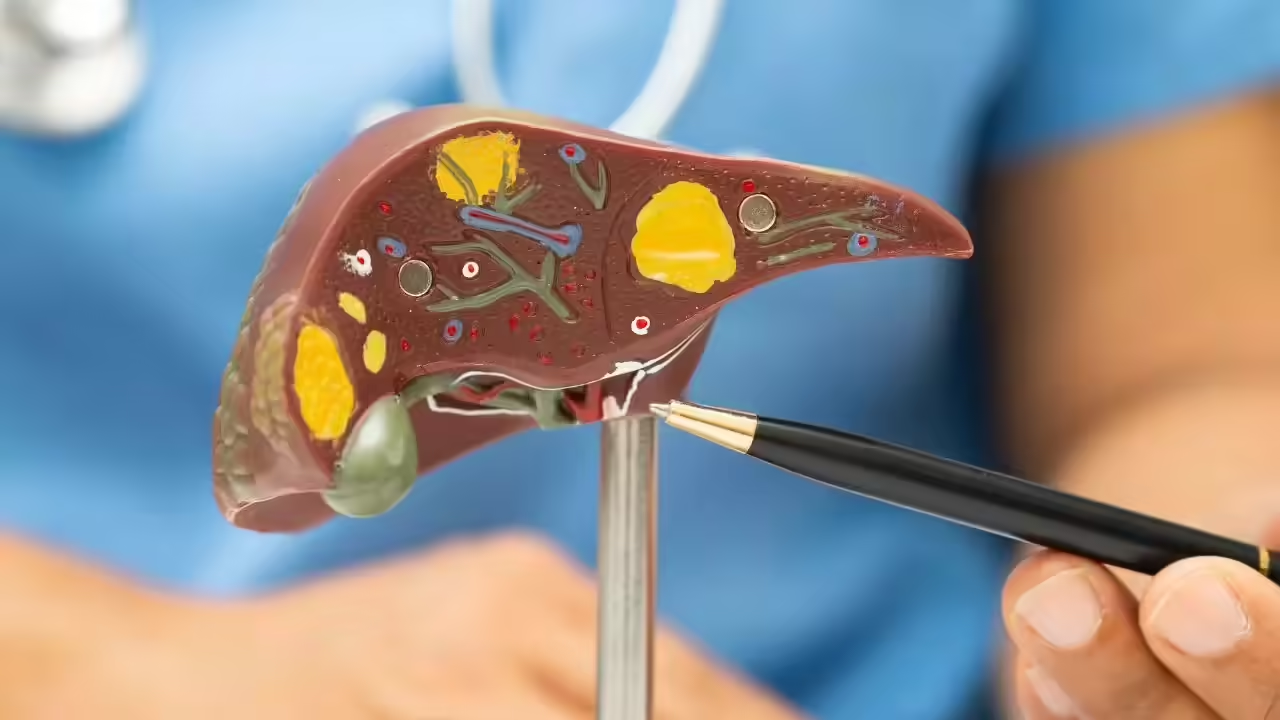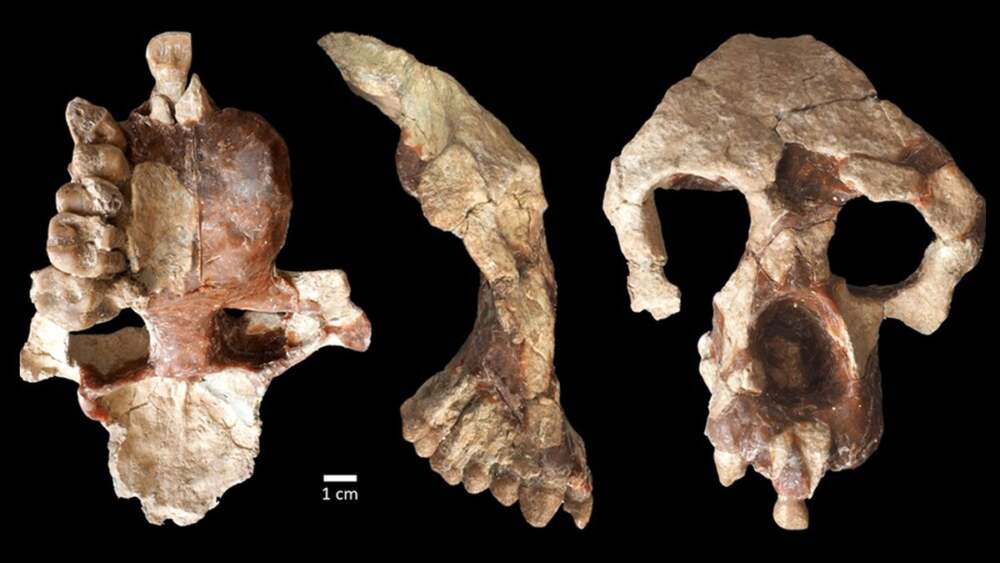A recent breakthrough from Harvard Medical School has uncovered a compelling link between lithium—a naturally occurring trace element—and brain health, particularly in preventing and potentially reversing Alzheimer’s disease.
The Discovery
Researchers found that brains affected by Alzheimer’s and mild cognitive impairment had significantly lower lithium levels than those of healthy individuals. Even more intriguing, amyloid plaques—the sticky protein clusters known to damage neurons—appeared to trap lithium, further depleting it from surrounding brain tissue.
Turning Back the Clock in Mice
In a series of experiments, scientists treated aging and cognitively impaired mice with low doses of lithium orotate. The results were remarkable: not only did brain damage halt, but the mice also regained memory and cognitive performance. The doses used were tiny, mirroring the amount naturally found in healthy brains, and no harmful side effects were observed.
Why This Matters
- Neuroprotection – Lithium supports communication between brain cells, strengthens the myelin sheath that insulates neurons, and boosts the brain’s cleanup system for harmful proteins.
- Affordability – Lithium orotate is inexpensive, making it an accessible option if proven effective in humans.
- New Approach – This research shifts the focus from purely genetic explanations of Alzheimer’s toward mineral balance and the biology of aging.
What’s Next
Experts emphasize that this is not a green light for self-medicating with lithium. Human clinical trials are needed to confirm safety, dosage, and effectiveness. If future studies replicate these findings, lithium could become a low-cost, widely available tool for preventing or slowing Alzheimer’s and possibly other neurodegenerative diseases.
For now, the discovery offers cautious optimism that a simple, overlooked mineral might help tackle one of the most devastating illnesses of our time.
















Leave a Reply